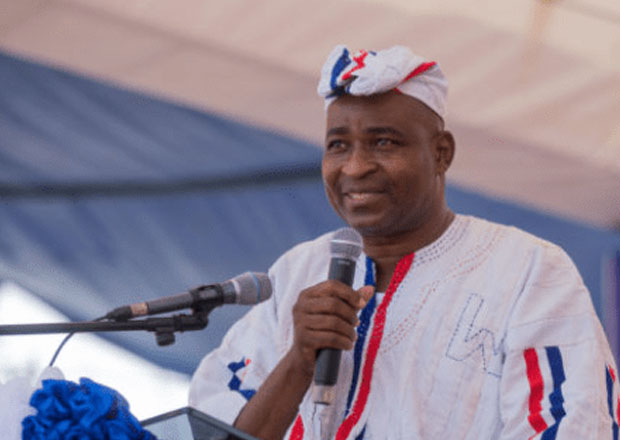Dr. Mathew Opoku Prempeh, popularly known as NAPO, delivered a spirited address in Parliament on December 16, calling out the National Democratic Congress (NDC) for their celebrations following the New Patriotic Party’s (NPP) electoral defeat.
NAPO firmly contested the narrative that the election results represented a wholesale rejection of the NPP’s policies, asserting that much of the work done during the administration had been agreed upon with bipartisan consensus.
“It is unfair and entirely inaccurate to suggest that the NPP has been wholly rejected,” he stated, his tone steady yet assertive.
“The decisions we made and the legislation we pursued were rooted in the desire to advance this country, and the majority of these were met with consensus from both sides of this house.”
The session came just days after John Dramani Mahama, the president-elect, and his NDC camp celebrated a decisive victory in the general elections.
For many in the opposition, the outcome symbolized a repudiation of the NPP’s agenda. However, NAPO pushed back, calling for pragmatism in the handling of legislative business.
NAPO highlighted that Parliament’s work should not be driven by personal or partisan victories. Instead, he insisted that a practical approach was necessary to ensure continuity and effective governance.
He pointed out that there had already been agreement on the agenda for the session, a roadmap that he felt should guide deliberations instead of unnecessary grandstanding.
“The business of this house is not about personal victories or losses. It is about serving the nation. And to that end, we have already agreed on what needs to be addressed in this session,” he remarked.
NAPO also questioned the wisdom of pursuing contentious matters at this stage, especially given the clear mandate handed to the NDC to “reset” the country.
In his view, leaving pending legislation for the incoming administration would better align with the trust placed in them by the electorate. “Let us adjourn these matters and allow the new government to advance the policies they promised the people,” he suggested.



